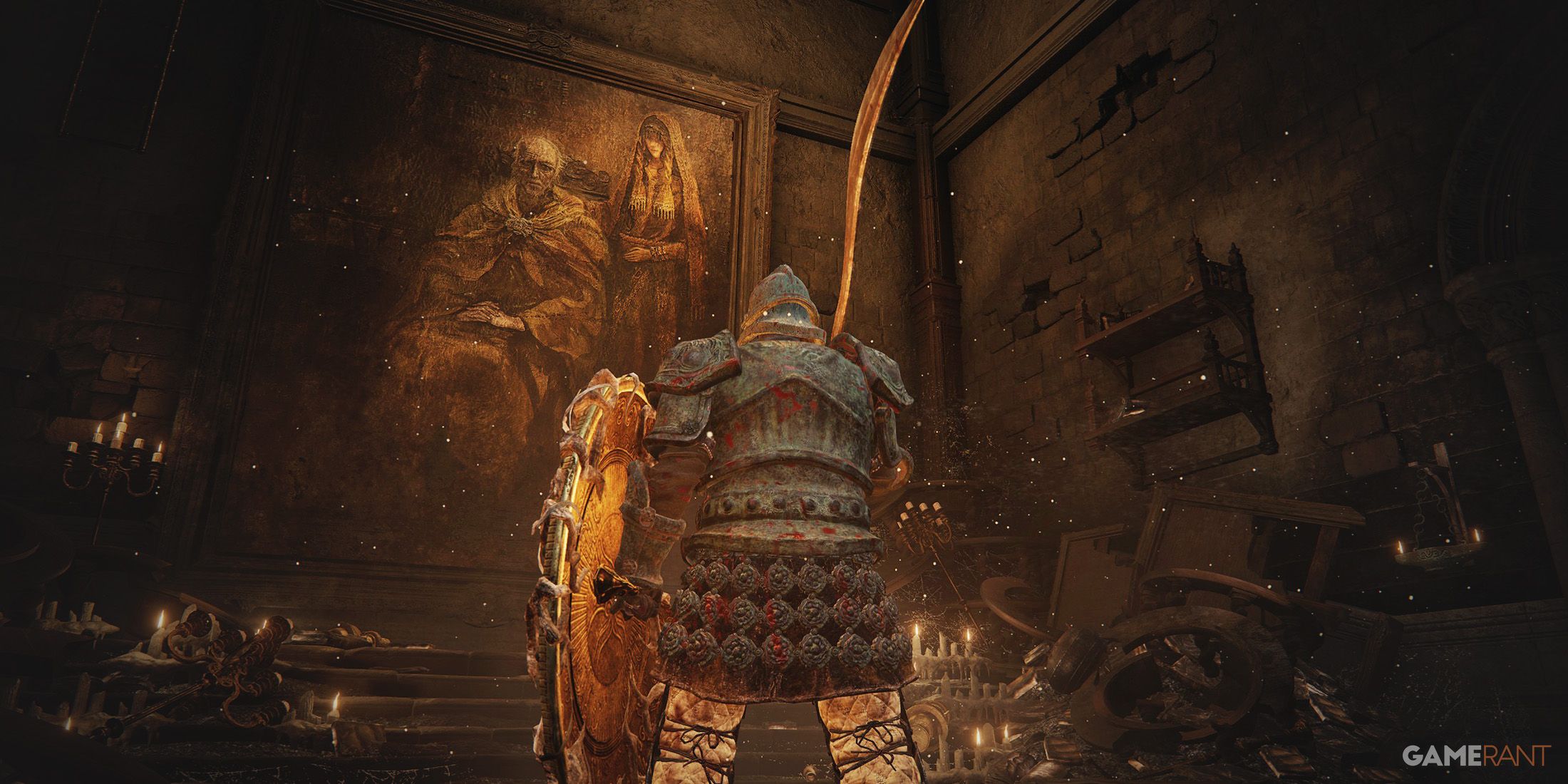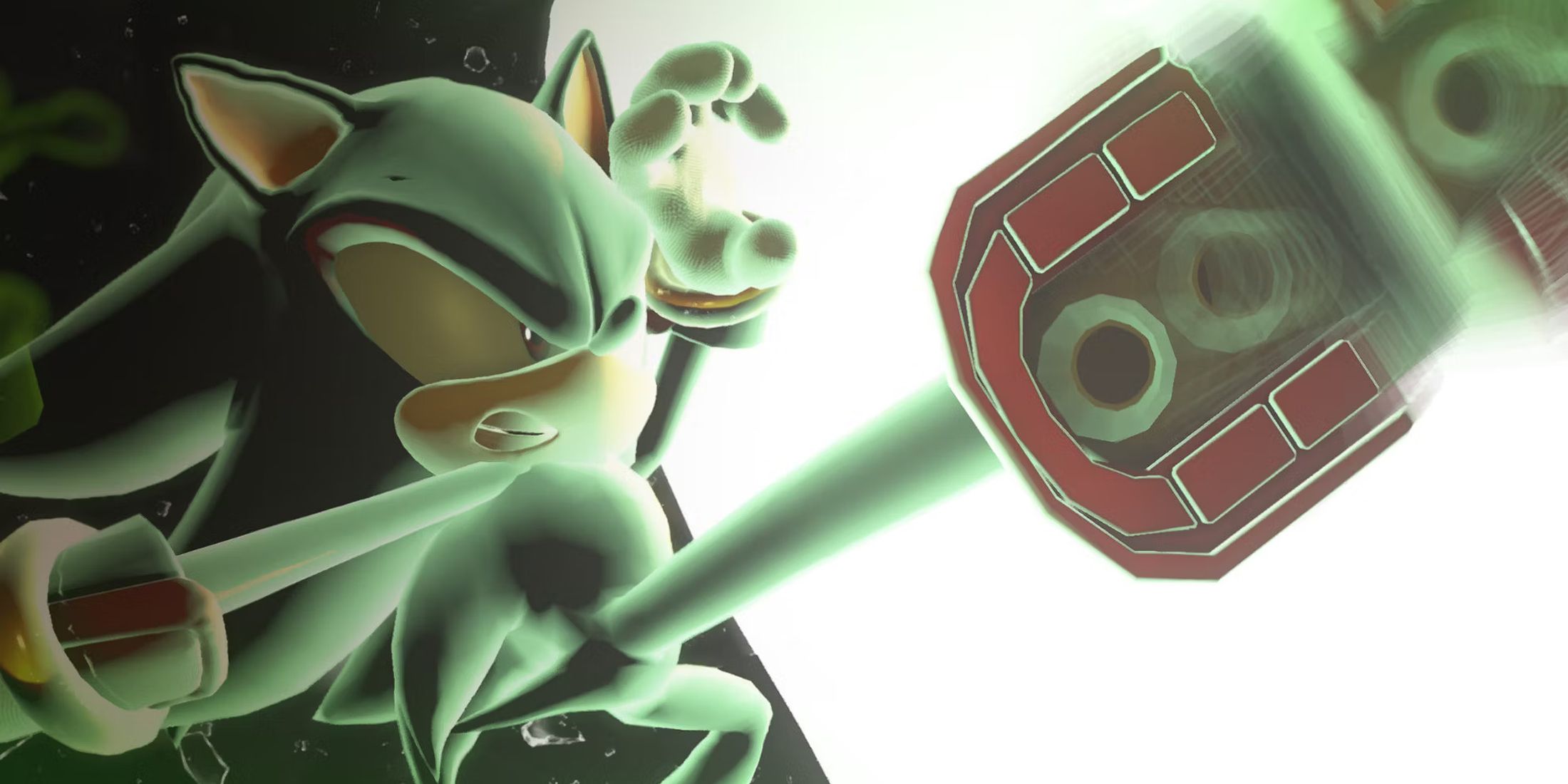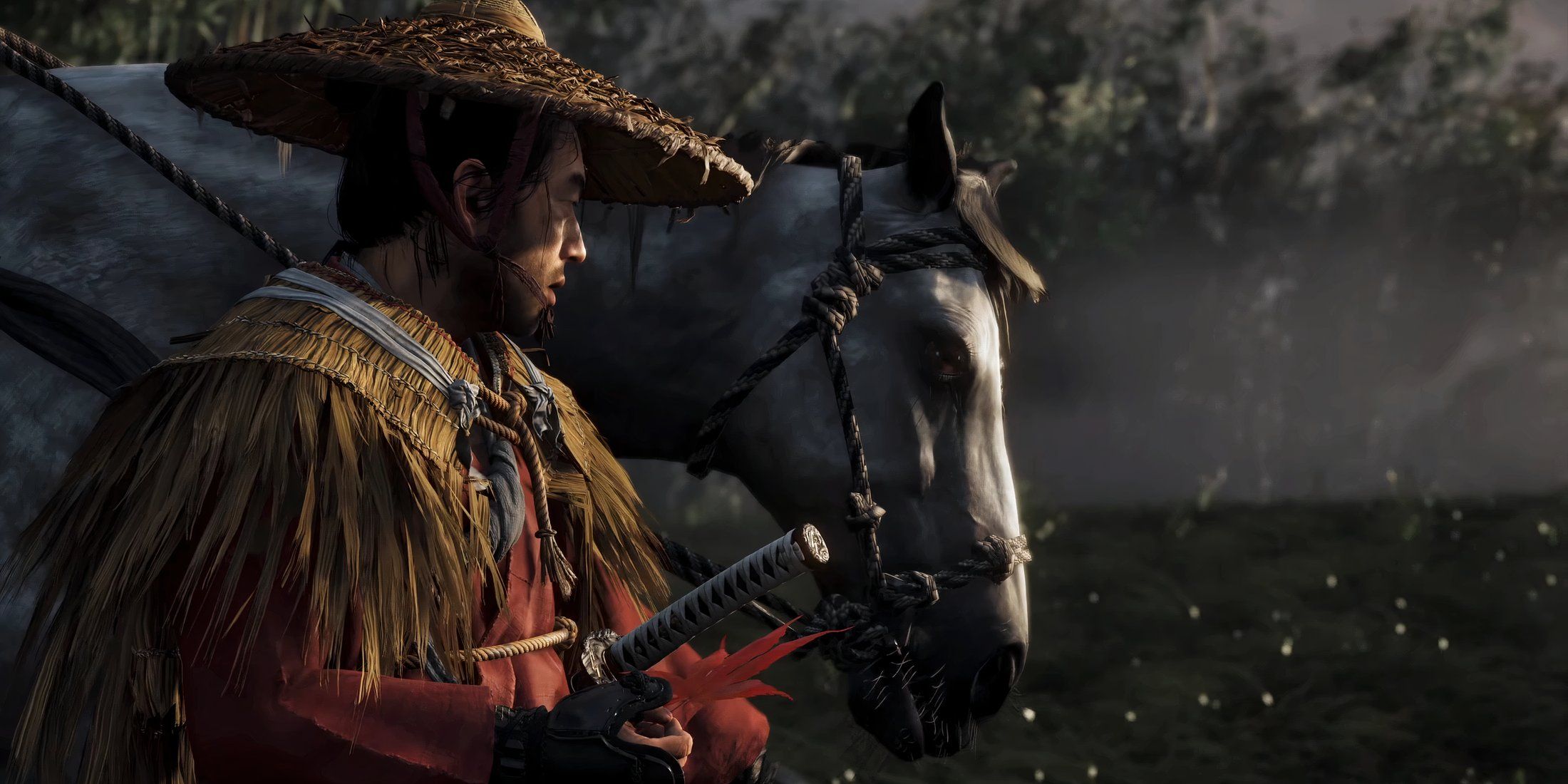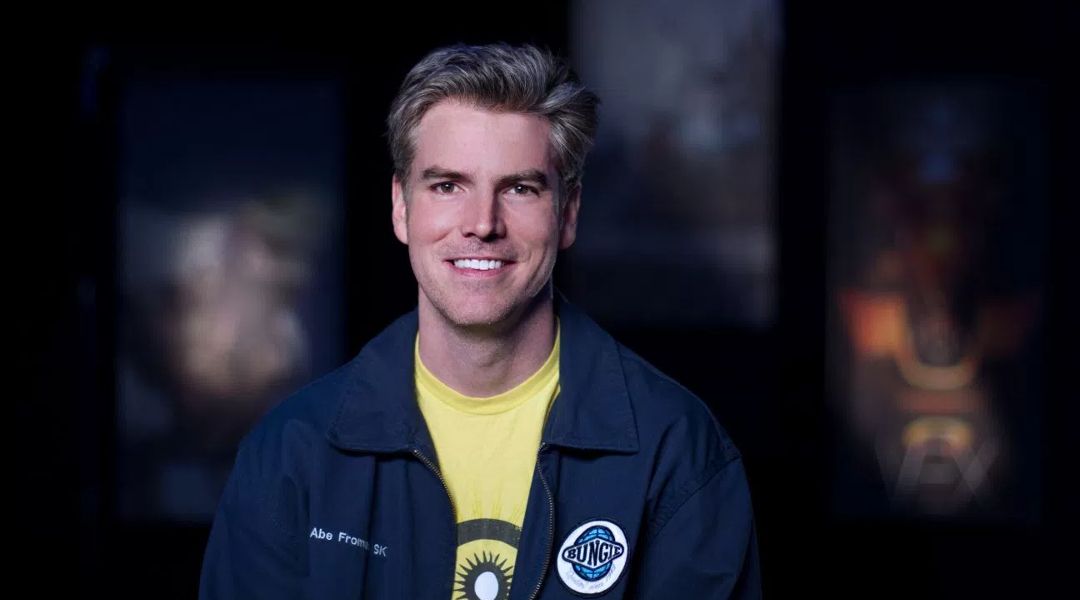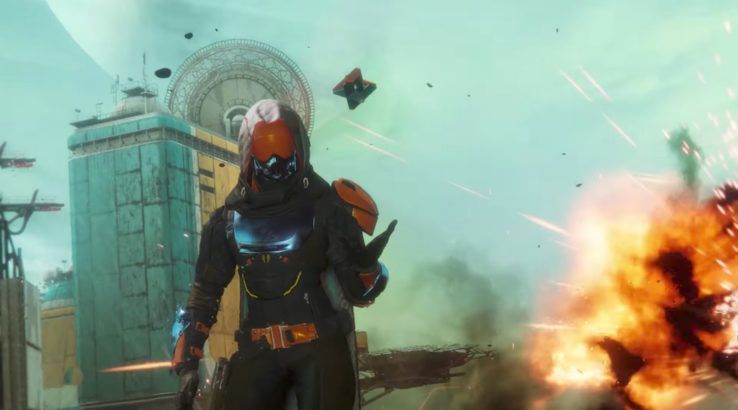Destiny 2 marks the end of an era for Bungie. It's the first game going back through Halo 2 that Bungie hasn't relied on "full, enforced" crunch development. In a Casual Connect USA conference, Bungie's head of engineering Luke Timmins explains how Halo 2 almost killed the studio due to a state of permanent "crunch:. It has taken all of the years since to get rid of the "crunch culture" at Bungie, coming to fruition in Destiny's DLC and now in Destiny 2.
Timmins describes crunch time as when a developer is spending more than 50 hours a week working, noting that it's often much worse than that. But crunch goes beyond what many might expect, according to Timmins. A studio forcing its employees to work overtime to meet deadlines is only a part of crunch, though a particularly unhealthy part. The other side of crunch being employees who do so willingly out of excitement and investment in a project. There's the "crunch you have to do" and the "crunch you want to do."
"The one you want to do can be awesome, because you have passionate people who are excited and have cool stuff to work on. That can be really good, but you've got to be careful. People can be super excited and before you know it they're working a ton and getting burned out."
Timmins describes this as "crunch culture," much like was seen with Naughty Dog during Uncharted 3. After describing that Halo 2 involved a "brutal" 18 months of crunch for Bungie, Timmins says that the company made it a goal to make sure it never happened again. Except the problem wasn't so easy to deal with specifically because of this crunch culture.
"When your company is used to crunching, not relying on crunch to ship is now hard. Un-ringing that bell is very difficult. It requires changes to planning and culture, which takes a long time to do. It took us years and multiple games to move away from crunch philosophy."
Halo 3's development nightmare started a movement within Bungie, a philosophy shift adjusting managerial focus onto "people management as a craft." The idea being to put people above the product. But it would take years to re-establish the trust in management necessary to make the changes Bungie needed.
The original Destiny was the game that brought about those final changes that Timmins says were necessary to end enforced crunch. To achieve that goal, Bungie decided to enforce something else entirely: vacation.
"A lot of people get burned out because they don't take the vacation, so as a manager part of your job is to make sure they do. Leadership needs to set examples. It can take years for a culture to develop; for people to believe it's okay to take a vacation, that it's not a crazy crunch culture where something bad is going to happen when they come back."
Bungie gives its engineers 40 days off a year, a key part of ensuring that the burnout doesn't add up, whether or not engineers are crunching or not. And management ensures they use that vacation time, whereas in the past vacation would come and go out of dedication to a project.
Destiny 2 will launch as Bungie's first full game developed without enforced crunch. That likely implies that Bungie won't stop its engineers from crunching as they need or want. We all like to burn the midnight oil when we feel particularly inspired.
But at the very least forced crunch seems gone, and Timmins believes the actions taken by Bungie have removed the culture of expectation leading to harmful volunteer crunch. And odds are cutting out crunch makes for better games in the long run, too.
Destiny 2 is out September 6 for the PlayStation 4 and Xbox One, followed by an October 24 release on PC.
Source: Games Industry

